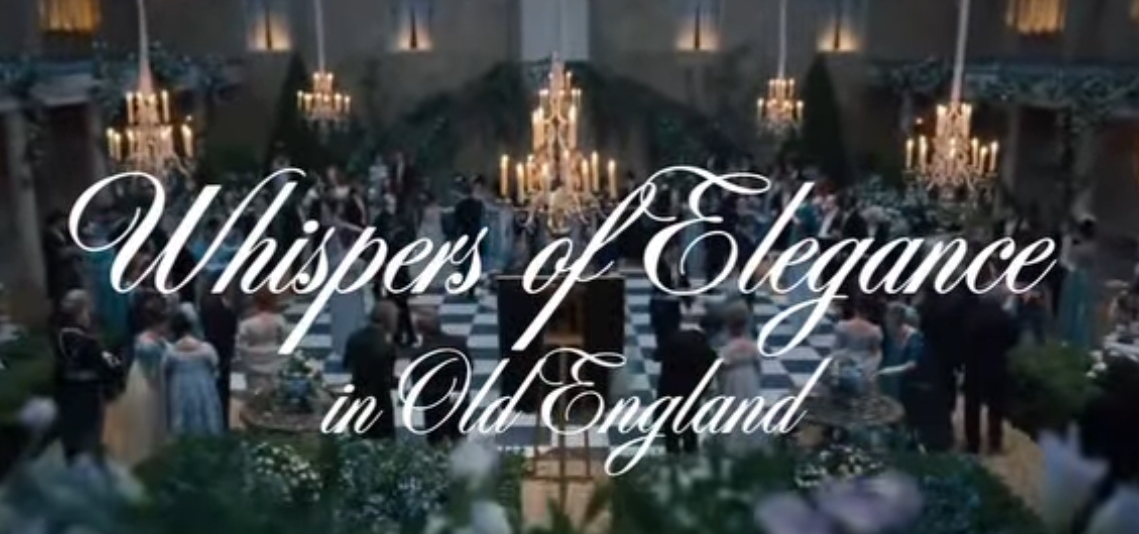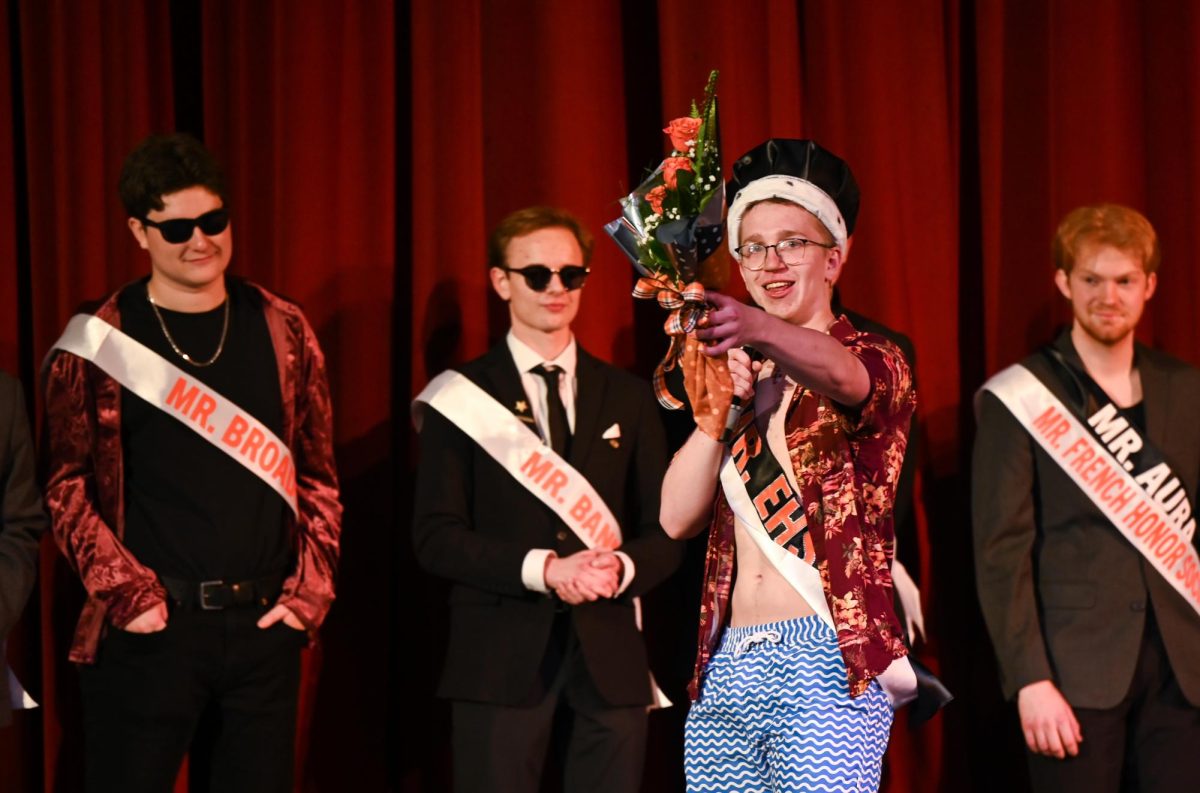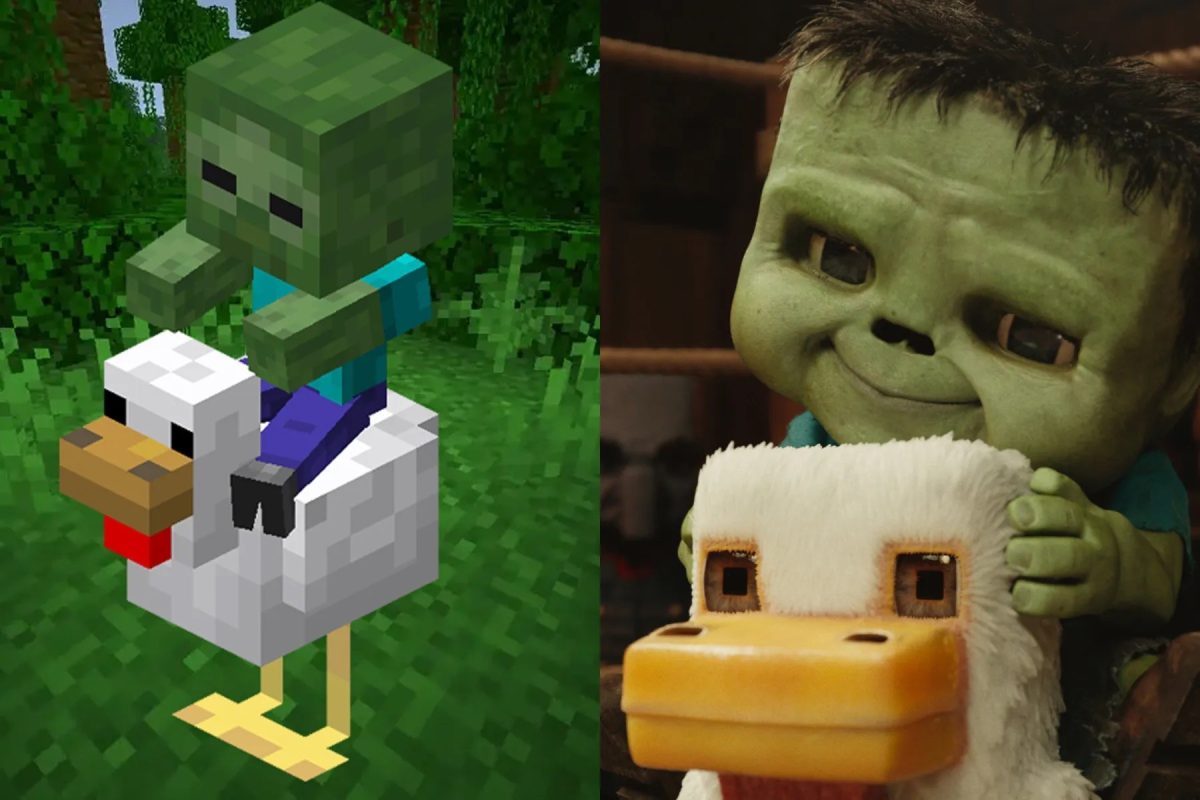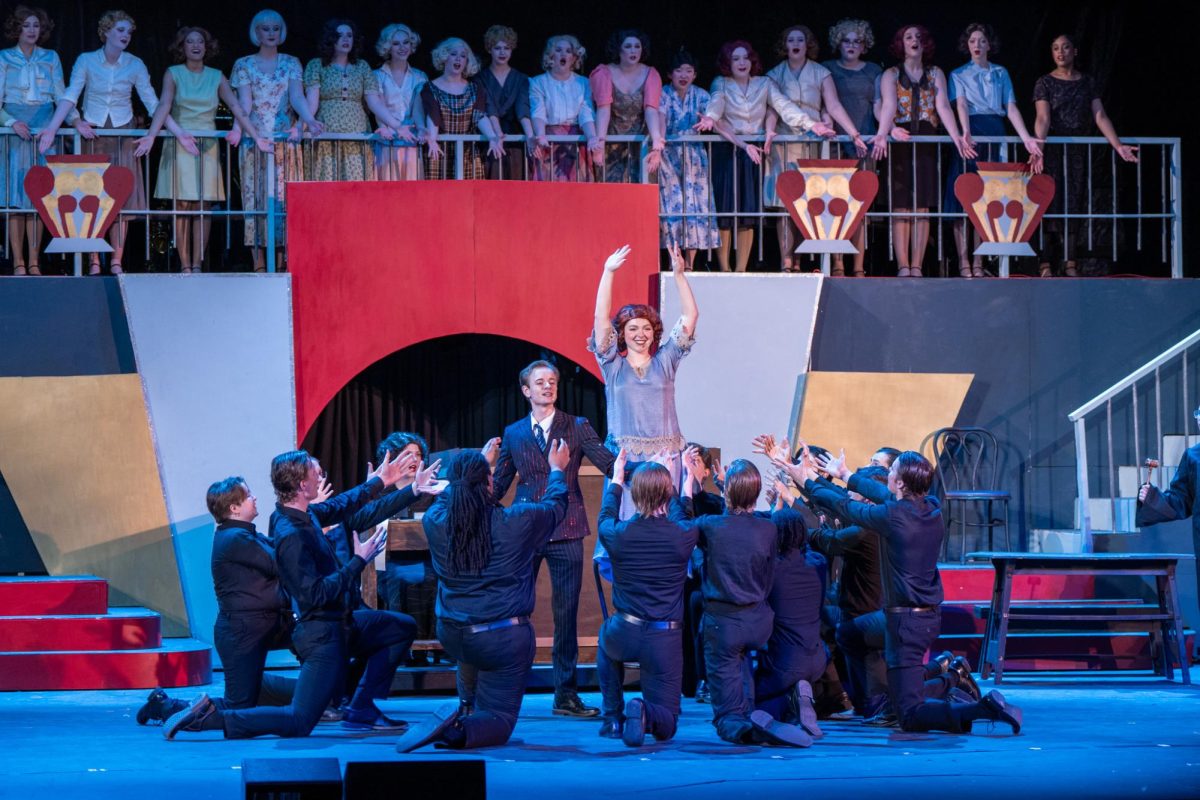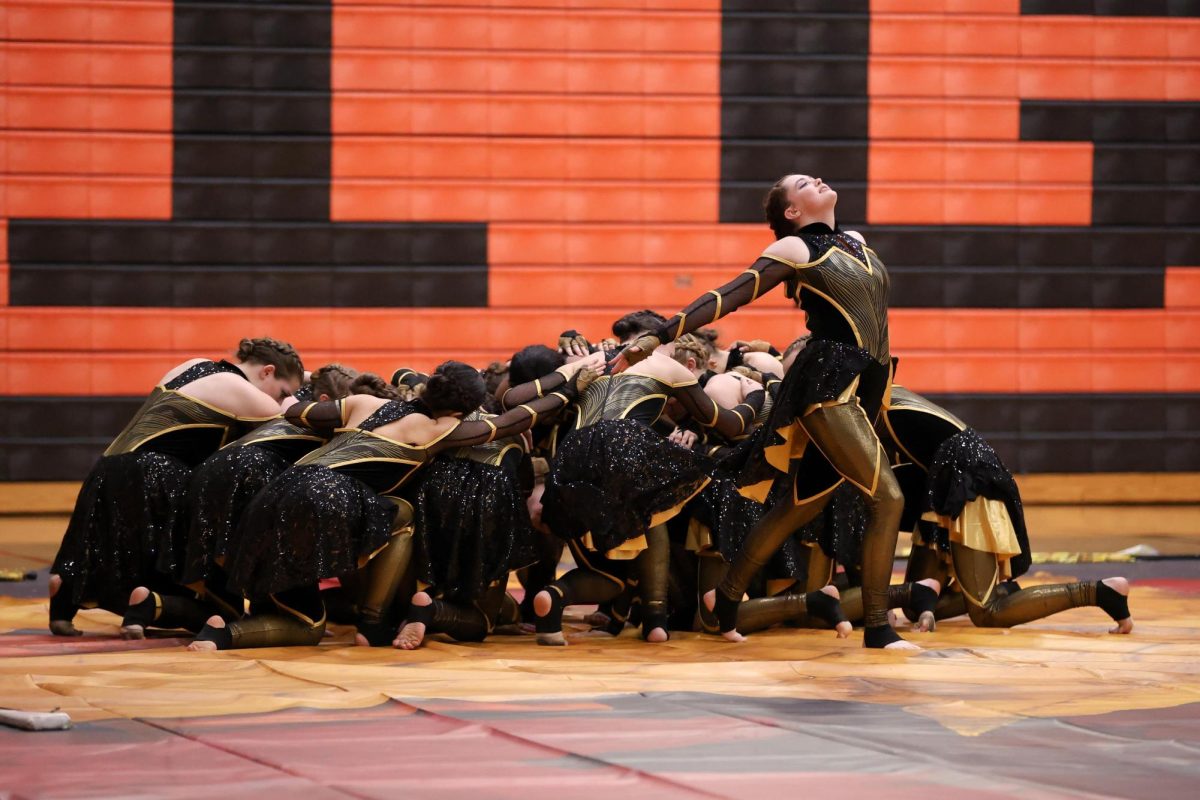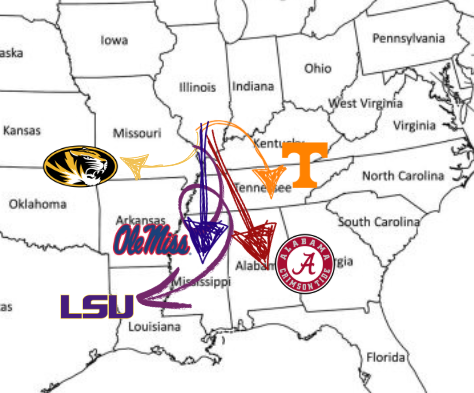‘Parasite’ Takes Dark Spin on Story of Different Worlds
January 16, 2020
The South Korean film “Parasite” was released in 2019. The six time Oscar nominated movie undoubtedly deserves all the acclaim it has received.
The film is set in present day South Korea and is centered around two families with very different backgrounds: the extravagantly rich and naïve Park Family contrasted by the destitute and cunning Kim family.
Through humorous and captivating levels of lies and manipulation, all four members of the Kim family manage to con their way into replacing the domestic workers in the Parks’ lives (tutor, art teacher, driver and housekeeper). They ultimately infiltrate the Parks’ home and multiply like “parasites” by discreetly recommending each other under false names and relationships.
The most obvious difference between the Park and Kim families is the vast contrast in their homes.
The New York Times described the Park’s house as “the kind of clean, bright space that once expressed faith and optimism about the world but now whispers big-ticket taste and privilege.” The Kims’ house, on the other hand, is a cramped, cockroach infested semi-basement that makes the Parks’ home feel even more extravagant.
The film’s director Bong Joon-ho represents the divide between the families in less obvious ways as well.
For instance, there are rarely more than two members of the Park family pictured in the same shot, while the shots of the Kim family often include all four members. This serves to subtly contrast the sense of isolation that members of the Park family feel with the tight bond the Kim family enjoys.
For the first half of the movie, it is hilarious to watch the power dynamic changes between the two families as the Kims secretly exploit their wealthy employers.
This is perhaps one of the most original aspects of the film. Joon-ho does not ask the audience to necessarily pity the impoverished family. Rather, he depicts the unapologetic actions that must be taken by people trying to survive. In doing so, the idea of nature versus nurture arises.
Halfway through the film, the father in the Kim family says the Parks are “rich but still nice.” His wife quickly corrects him, “they’re nice because they’re rich.” These two lines provide a simple and honest representation of human conditioning. It suggests that the Parks have the luxury of being nice, while the Kims could not survive without learning to take advantage of situations.
Further, neither of the families is innately good or bad. They have simply been conditioned to their environments.
The Kims scheme quickly transforms from witty and cunning to disturbing and violent, captivating the viewer up to the last frame of the film or much longer. The dark intensity of the movie is further illustrated by the incredible cinematography, particularly at the end.
“Bong, his camera at once ecstatic and controlled, brings the pieces together with the brio of a conductor attacking a great symphony,” The Los Angeles Times said.
The cunning, quick-witted and emotionally taxing film is nothing short of genius. For the entire two hours I was waiting in anticipation for the next subtitle to refresh onto the screen.
As the film’s director Bong Joon-ho stated in his Golden Globe acceptance speech for Best Foreign Language film this year, “Once you overcome the one-inch-tall barrier of subtitles, you will be introduced to so many more amazing films.” Parasite is definitely one of those films.




